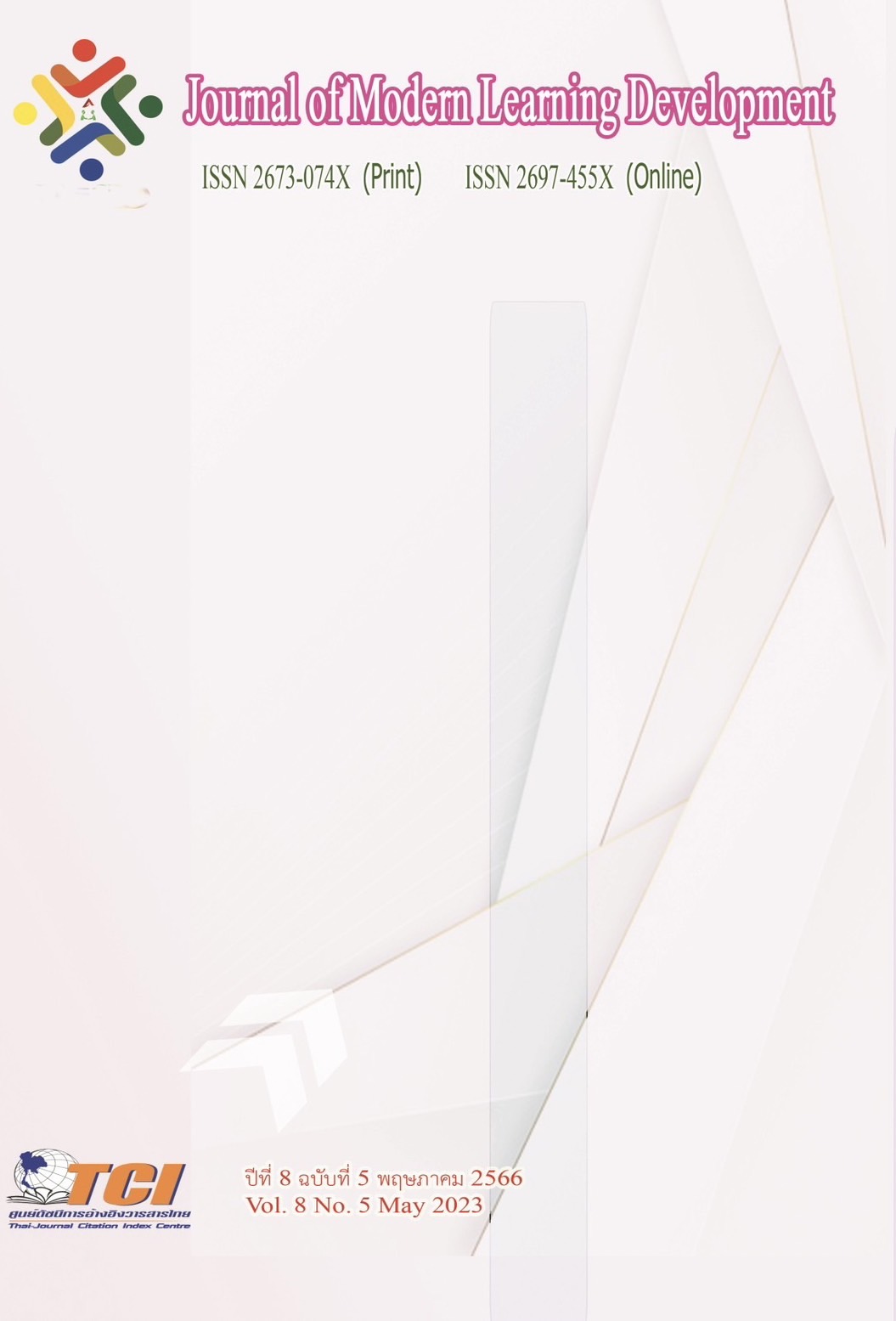“Falsetto Tenor’ in vocal music Teaching in China
Main Article Content
Abstract
The theory of falsetto tenor training is a relatively weak link in Chinese vocal music teaching theory, which is related to the practice of falsetto tenor singing in China. The overall quality of China's vocal music industry and the tradition of emphasizing practice and light theory. Whether training vocal teachers or cultivating singing actors, Vocal music teaching is a theoretical, technical, and practical art. More theoretical learning is needed to become a singer, but the lack of correct theoretical guidance often leads vocal learners astray. With the development of the times and the continuous improvement of the requirements for teaching, the ways and methods to achieve the purpose and complete the task are also constantly updated, and the teaching theory of falsetto tenor singing will continue to improve with the progress of society. Since the origin and development of the falsetto tenor are all in foreign countries, foreign scholars have studied the historical development of the singing technology and style of the falsetto tenor relatively perfectly. Most of their research has been analyzed from the identification, development history, characteristics, training methods, and other aspects of the falsetto tenor.
Article Details
References
Fan, R. (2020). On western classical music: Several Key Stages in the Development of Chamber Music. Popular Literature and Art, 142.
Guan, J. (1993). On the rise and fall of eunuch singers. Journal of Xinghai conservatory of
music, 78-84.
Jia, J. (2020). On the Style and Singing Characteristics of Vocal Music Works in Baroque
Period, Drama House, 33-34.
Jiang, C. (2022). A Probe into the Style of Baroque Instrumental Music: Taking Vivaldi's Oboe
Concerto in A Minor as an Example, Voice of the Yellow River, 49-51.
Li, J. (2012). A Study of Choral Works in European Baroque Period. 167-169
Li, J. (2020). On Chamber Music and Instrumental Ensemble Music in Baroque Period.
Voice of the Yellow River, 9.
Liu, Y. (2022). Analysis of Bel canto in Baroque Vocal Works. Art research, 34-36.
Ma, L. (2020). On the Instrumental Music Genres in the Baroque Period. Northern music, 10.
Pan, Q. (2021). A Contrastive Analysis of Baroque Music and New Century Music, 96-97.
Wang, Q. (2022). Analysis on the Performance Form of Western Chamber Music.
Drama House, 79-81.
Yang, L. (2017). On the Development and Style of Chorus in Baroque Period.
Voice of the Yellow River, 71.
Zhou, J. (2022). On the rise and fall of eunuch singers in Europe. Music time and space, 64-66.
Zhou, N. (2021). Reflections on the Artistic Expression of Vocal Music Works in the Baroque
Period. Popular Literature and Art, 64-66.


